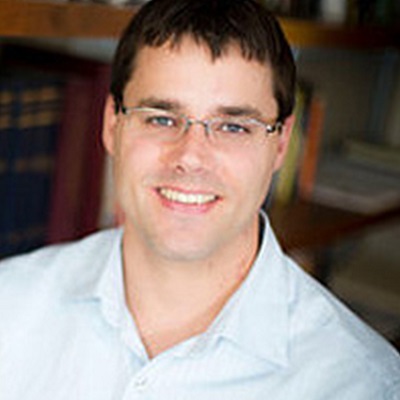Personhood, Embodiment, and Disability Bioethics in the Healing Narratives of Jesus

Catholic bioethicist Cory Labrecque, PhD, discusses the healing narratives of Jesus as a rich resource for Christian patients and their caregivers as they pursue meaning and the preservation of personhood following life-changing illness or disability.

